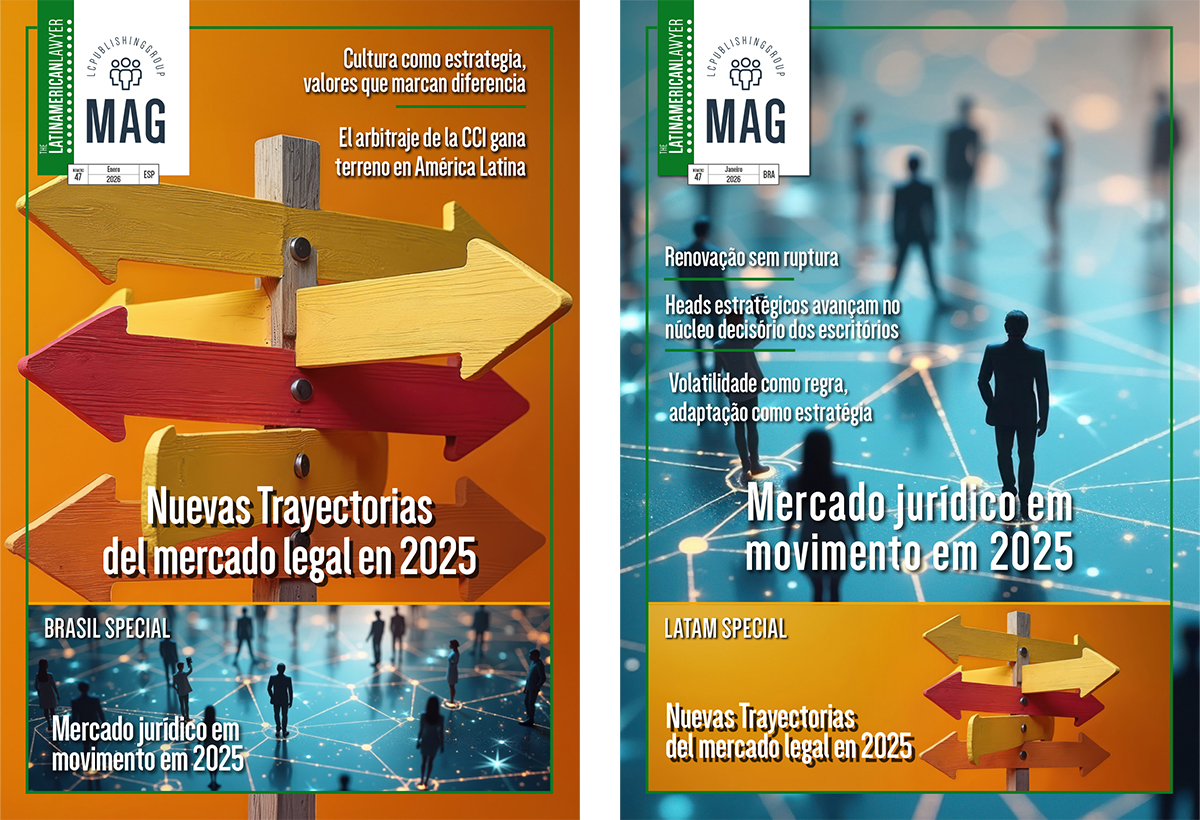LatAm needs coherent policies to face COVID-19, World Bank says

The Latin America and Caribbean region is seeing a sharp decline in growth due to the COVID-19 crisis, which requires several policy responses to support the most vulnerable, avert a financial crisis, and protect jobs, according to a new report form the World Bank.
 To help the vulnerable face the loss of earnings from the lockdown, existing social protection and social assistance programs should be rapidly scaled up and their coverage extended, according to “The Economy in the Time of COVID-19,” the latest semi-annual report from the World Bank’s Chief Economist Office for Latin America and the Caribbean.
To help the vulnerable face the loss of earnings from the lockdown, existing social protection and social assistance programs should be rapidly scaled up and their coverage extended, according to “The Economy in the Time of COVID-19,” the latest semi-annual report from the World Bank’s Chief Economist Office for Latin America and the Caribbean.
At the same time, governments may need to support financial sector institutions and key sources of employment.
“Governments across Latin America and the Caribbean face the enormous challenge of both protecting lives and limiting the impact of the economic fallout,” said Martín Rama (pictured), World Bank Chief Economist for the Latin America and the Caribbean region. “This will require coherent, targeted policies on a scale rarely seen before.”
A series of shocks hit economic growth in the region over the past year, starting with social unrest, the collapse of international oil prices, and now the COVID-19 crisis, and growth is suffering as a resul, the report states.
Gross Domestic Product (GDP) in the Latin America and Caribbean region (excluding Venezuela) is expected to be -4.6 per cent in 2020, according to the report. A return to growth of 2.6% is expected in 2021.
The report states that the coronavirus pandemic is fuelling a major supply shock. Demand from China and G7 countries is falling dramatically, affecting commodity exporters in South America and exporters of manufactured goods and services in Central America and the Caribbean. A collapse in tourism is severely impacting some countries in the Caribbean.
Many countries in the region are confronting the crisis with a constrained fiscal space. Higher levels of informality make it difficult to reach out to all households and protect all sources of employment. Many households live from hand to mouth and do not have the resources to cope with the lockdowns and quarantines needed to contain the spread of the pandemic. Many also depend on collapsing remittances. To help the vulnerable face this economic challenge, existing social protection and social assistance programs should be rapidly scaled up and their coverage extended, the report adds.
At the same time, governments will have to take on the burden of much of the losses. Socialisng the losses may require taking ownership stakes in financial sector institutions and strategic employers through recapitalization. This support will be key to preserving jobs and allowing for a recovery, it adds.
However, these processes need to be transparent and strong arrangements need to be put in place to manage the newly acquired assets, building on the best examples of sovereign wealth funds and asset management companies, according to the report.















